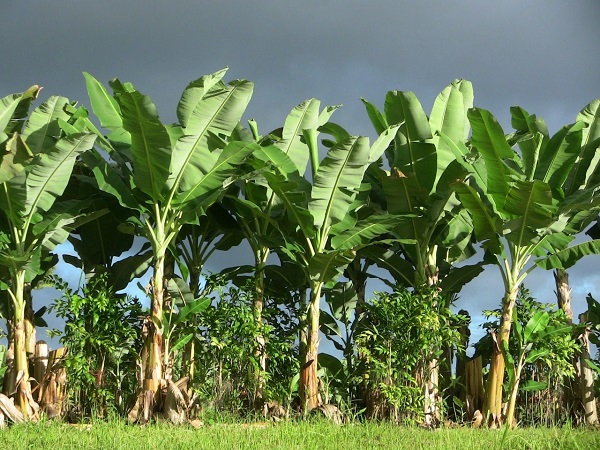ICAR-FUSICONT was originally developed by ICAR-Central Institute for Subtropical Horticulture (CISH) in Lucknow.
While originally it was used to treat banana wilt, in a recent experiment, the CISH team also found that it is effective in curbing the cumin wilt disease in Rajasthan.
CISH director Shailendra Rajan said, “Cumin wilt disease is causing losses of several crores of rupees, and in many places, the entire crop is being wiped out due to epidemics of the disease. Thousands of people in Rajasthan depend on cumin, which is a short-season crop that can be grown with low input costs and yields high returns. ICAR-FUSICONT was used to manage this disease and successful results were obtained.”
T Damodaran, a research scholar from the Central Soil Salinity Research Institute, conducted experiments in Rajasthan to test whether ICAR-FUSICONT can also control cumin wilt in Jodhpur district and found that it was effective for cumin as well.
Krishi Vigyan Kendra, Gudamalani from Barmer district, has requested Lucknow ICAR institute to supply the product so that it could be extensively tested in their fields, he added.
He said the experiment began in November 2020 in farmers’ fields in the hotspot area, using technology as seed treatment at the time of sowing and later with irrigation water.
Farmers saw encouraging results, which attracted scientists from Krishi Vigyan Kendra and other ICAR institutes to see the outcomes of the initiatives. They communicated with the Lucknow scientists to further discuss the possibility of using this technology to manage the problem in Rajasthan.
“Farmers who used the technology last year are satisfied, and convinced that the banana technology can also be used with cumin, an important spice crop. The spice crop accounts for a significant portion of Indian spice exports,” said Rajan.
He added that the problem has been present in various parts of Gujarat and Rajasthan for many years on sandy soil.









